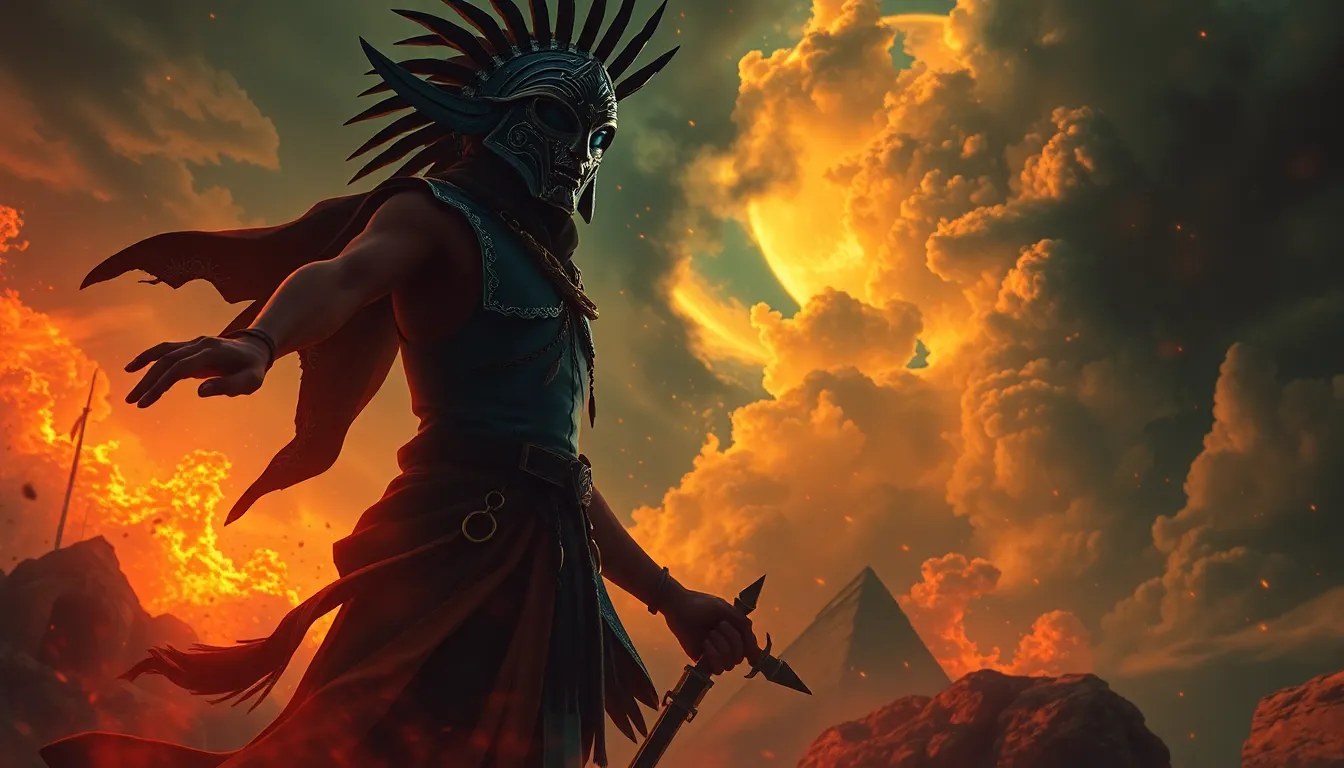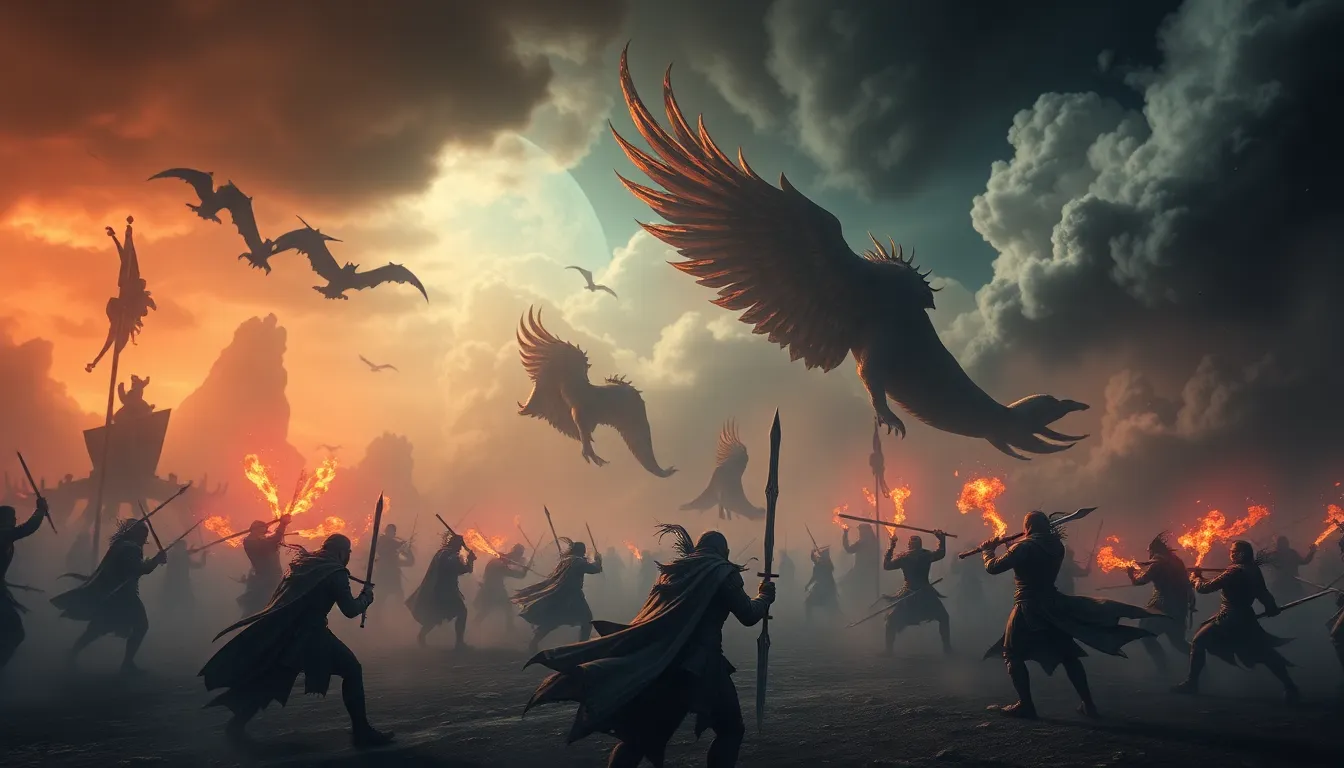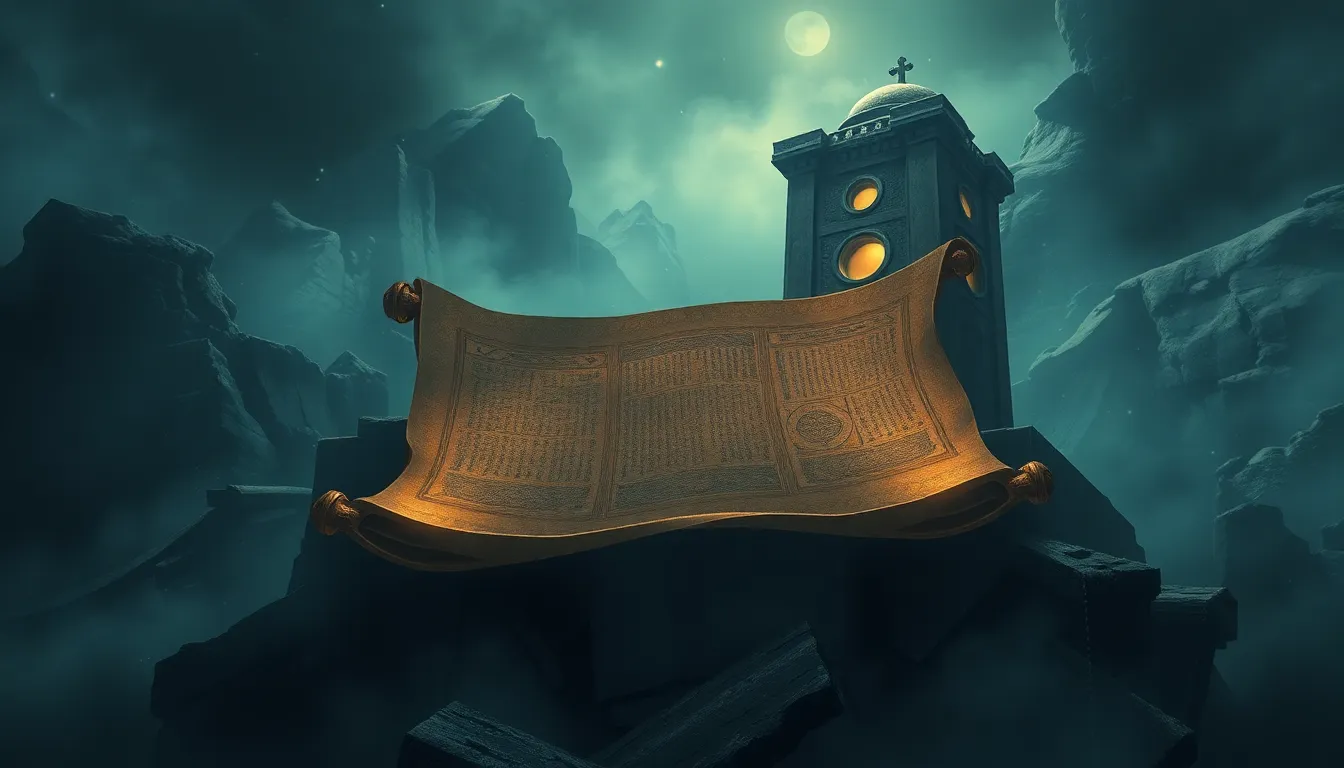Cultural Hero Myths: The Stories That Shape Our Aspirations
Introduction to Hero Myths
Cultural hero myths are narratives that celebrate individuals who exhibit extraordinary qualities, embodying the values and ideals of their societies. These myths serve not only as stories of adventure and bravery but also as reflections of the aspirations and moral frameworks of cultures throughout history. By exploring hero myths, we gain insight into what different societies value, aspire to, and view as noble or virtuous.
The Role of Heroes in Different Cultures
Hero myths are prevalent across various cultures, each offering unique perspectives on heroism. For instance:
- Greek Mythology: Figures like Hercules and Odysseus represent strength, intelligence, and the struggle against fate.
- Native American Traditions: Heroes often embody harmony with nature and spiritual wisdom, such as the Trickster figures.
- African Folklore: Heroes like Anansi the Spider illustrate cleverness and the importance of storytelling.
Despite their differences, these myths share common themes such as the journey of self-discovery, the battle against evil, and the quest for justice, which resonate universally across cultures.
The Psychological Impact of Hero Myths
Hero myths have a profound impact on individual identity and self-perception. They act as aspirational figures, inspiring people to adopt heroic qualities in their lives. According to Jungian psychology, archetypes play a crucial role in shaping our understanding of ourselves and our roles within society. The hero archetype, in particular, embodies the quest for personal growth and the struggle against adversity. This helps individuals navigate their challenges and aspire to higher ideals.
Cultural Heroes in Literature and Media
Throughout literature and media, hero figures have evolved significantly. Iconic characters such as:
- Odysseus: A symbol of cunning and endurance in Homer’s epic.
- Beowulf: Represents the archetypal warrior, showcasing bravery and strength.
- Harry Potter: Embodies the journey of a young hero facing moral dilemmas and personal growth.
In modern media, heroes are often reimagined to reflect contemporary values. Superheroes in films and graphic novels, for example, address issues like social justice and personal responsibility, showcasing a shift from traditional hero narratives to those that resonate with today’s audiences.
The Function of Hero Myths in Society
Hero myths serve multiple functions within society:
- Moral Compasses: They provide frameworks for ethical behavior and highlight the importance of courage, sacrifice, and perseverance.
- Social Movements: Heroes often play pivotal roles in cultural revolutions, inspiring collective action and change.
Through these narratives, societies can reflect on their values, challenge injustices, and motivate individuals to strive for a better future.
The Impact of Technology on Hero Narratives
The digital age has transformed the portrayal of heroes in significant ways. Social media influencers, for instance, have emerged as modern heroes, shaping public opinion and mobilizing communities. Online activism has also redefined heroism, with everyday individuals taking stands on global issues. This shift highlights:
- The democratization of heroism, where anyone can be a hero through acts of kindness or activism.
- The evolution of narratives from traditional tales to real-time stories that reflect current events and societal challenges.
Critiques of Hero Myths
While hero myths can be inspiring, they also face critiques. Some of the limitations include:
- Idolization: The danger of placing heroes on pedestals can lead to unrealistic expectations and disillusionment.
- Feminist Critiques: Many traditional hero narratives often center on male figures, sidelining female experiences and contributions.
- Post-Colonial Perspectives: Heroes from colonial narratives may perpetuate harmful stereotypes and overlook the complexities of cultural histories.
These critiques challenge us to rethink who we consider heroes and why, encouraging a more inclusive understanding of heroism.
Personal Heroism: Redefining Aspirations
Everyday heroes exemplify the idea that heroism is not limited to grand gestures. Ordinary acts of courage, kindness, and resilience can have a profound impact on communities. Individuals can embody heroic qualities by:
- Standing up for others in difficult situations.
- Promoting kindness and compassion in daily interactions.
- Engaging in community service and activism.
This redefinition of heroism emphasizes that anyone can be a hero in their own right, inspiring others through their actions.
The Future of Hero Myths in Global Culture
As we face global challenges such as climate change and social justice issues, hero myths are likely to evolve. Future narratives may reflect:
- A greater emphasis on sustainability and environmental stewardship.
- Heroes who champion equality and advocate for marginalized voices.
These new hero narratives will resonate with contemporary values and aspirations, fostering a sense of hope and collective responsibility.
Conclusion: The Enduring Power of Hero Myths
Hero myths remain a powerful force in shaping our aspirations and societal values. They provide us with models of courage, resilience, and ethical behavior. By reflecting on our heroes and the narratives we choose to embrace, we can cultivate a deeper understanding of what it means to be heroic in our own lives. Let us celebrate not only the larger-than-life heroes but also the everyday champions among us who inspire change and embody the true spirit of heroism.




